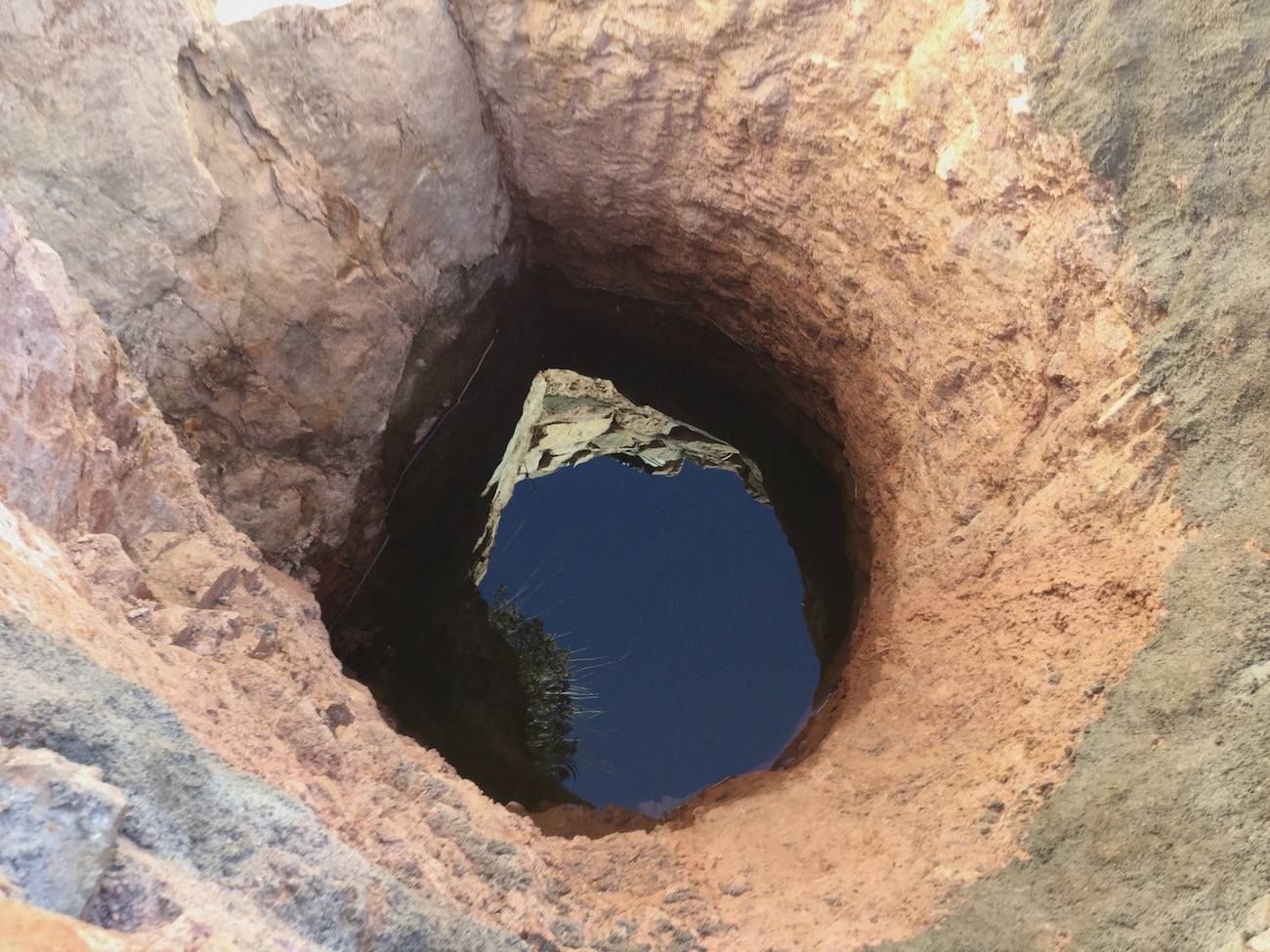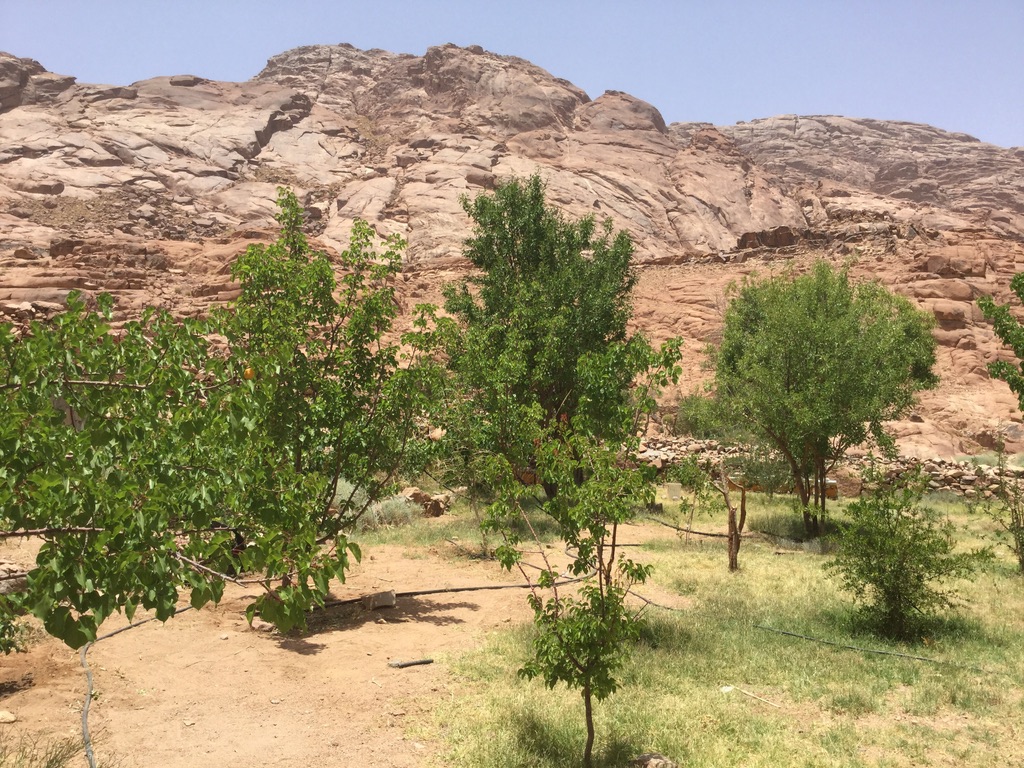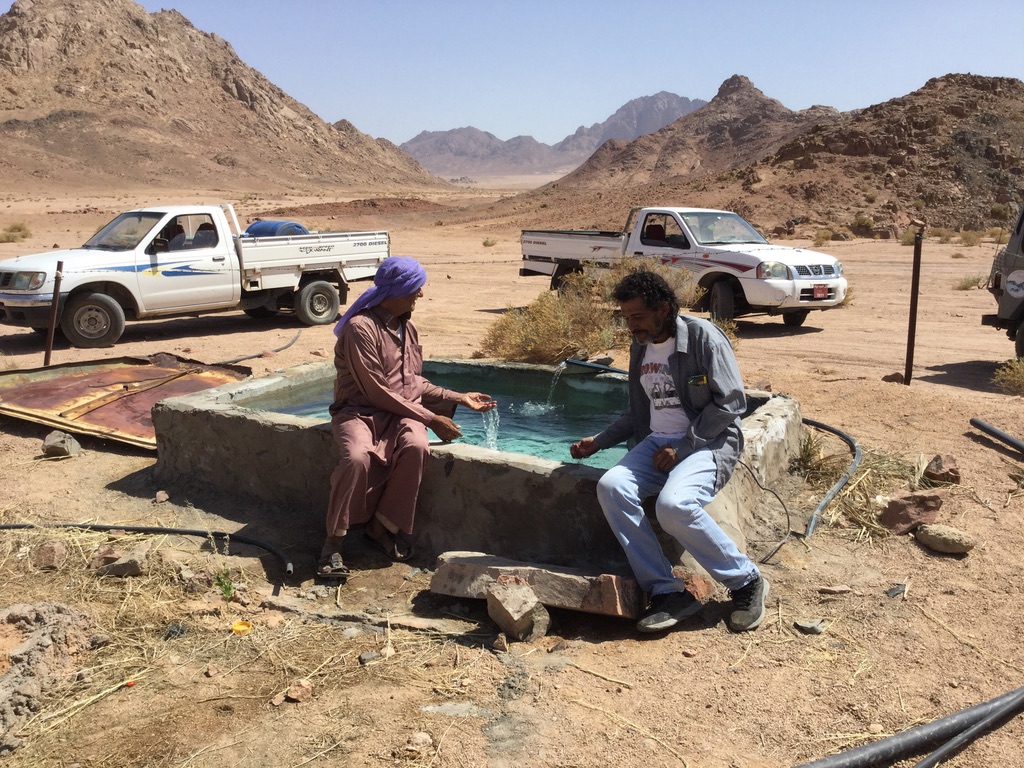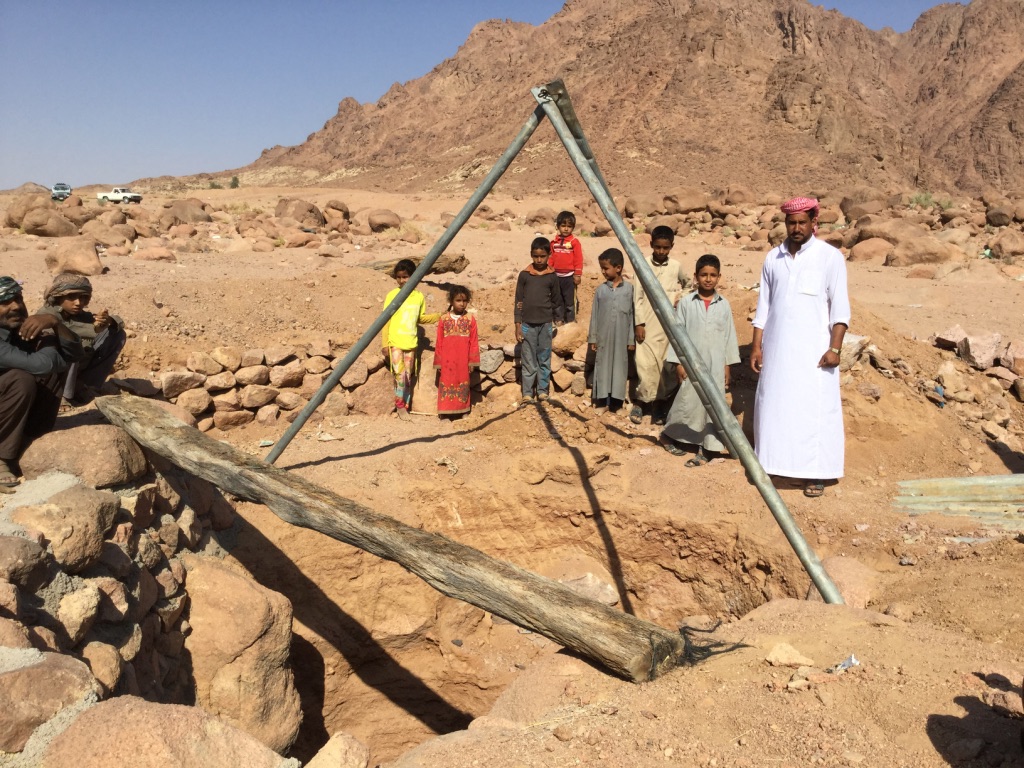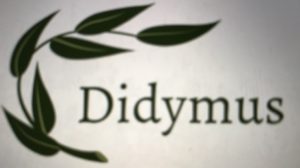Reports on a sample of Orchard Garden Restoration
NS476 Hassan Shop Hassan – Wadi Tinya
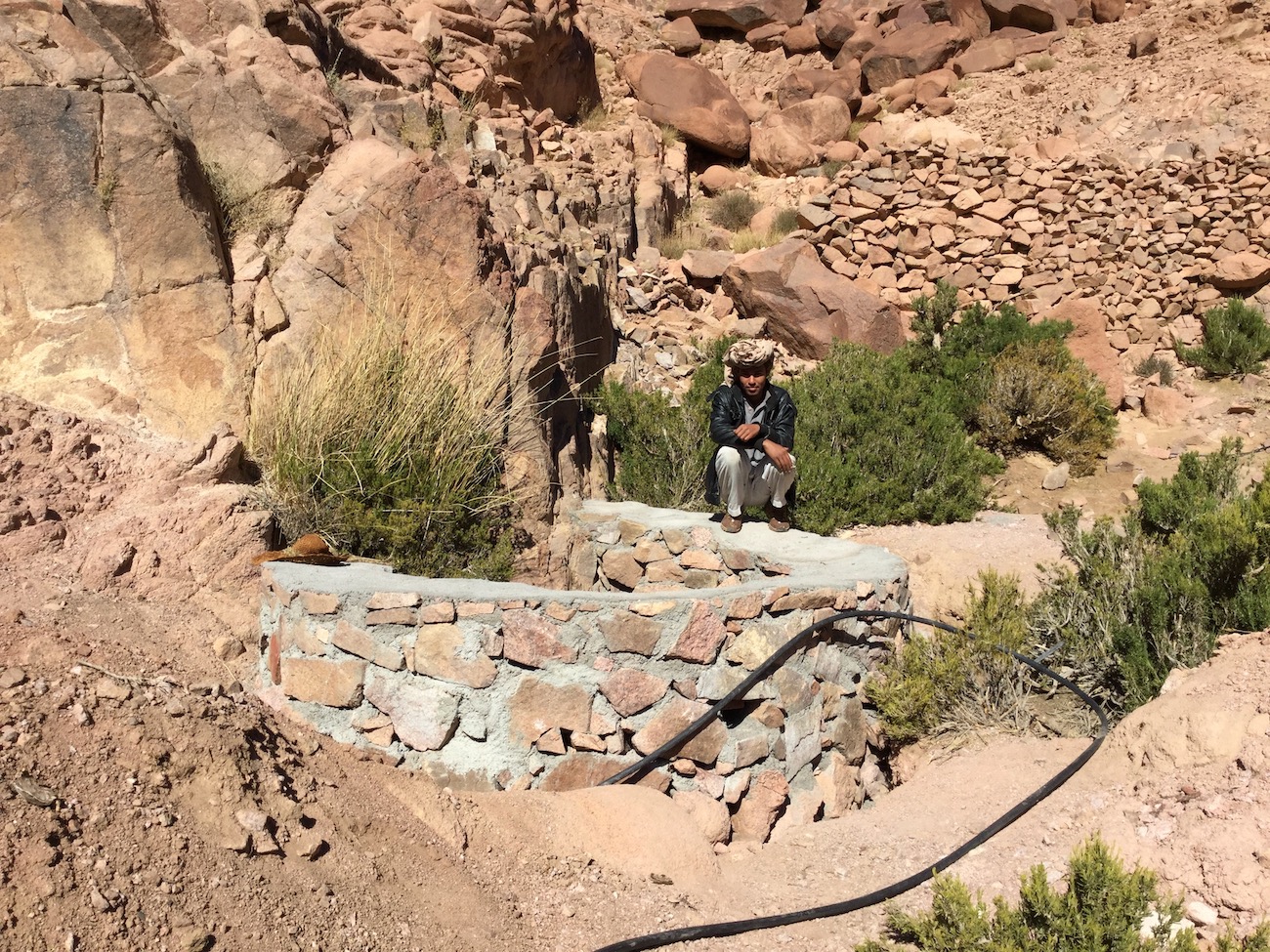 Hassan is 18 years old and his family live up in the high mountain wadis all the year round. There are thirteen people in the family and they only go to stay in the town when it is very cold. Only a handful of families still live this way, relying on their gardens to provide them with drinking water, food and an income. The expanding family needed another of their wells deepened so they can plant more trees and vegetables. At some stage Hassan will be getting married and will want to raise a family of his own in this place. The well is in an abandoned garden up the side of the wadi, where lots of rosemary grows. It was a shallow well with some water in winter but none when they need it in summer.NS455
Hassan is 18 years old and his family live up in the high mountain wadis all the year round. There are thirteen people in the family and they only go to stay in the town when it is very cold. Only a handful of families still live this way, relying on their gardens to provide them with drinking water, food and an income. The expanding family needed another of their wells deepened so they can plant more trees and vegetables. At some stage Hassan will be getting married and will want to raise a family of his own in this place. The well is in an abandoned garden up the side of the wadi, where lots of rosemary grows. It was a shallow well with some water in winter but none when they need it in summer.NS455
They have dug out the well by 2 m in granite and 1m in sand and they made the well wider. They have two and a half meters of water depth, giving four meters of water a day which is a very good amount. They built a wall around the top to protect it too.
The nearby garden is very well looked after and they are growing grapes, almonds apricots , pomegranates, corn, beans, tomatoes, and mulaheqar (a green leafy vegetable). Hassan has five brothers and two sisters. They rely totally on the garden not just for food but on the income from growing food to sell. This money is needed to buy essentials from the villlage like tea, flour, sugar, rice, lentils, oil. They also need to buy clothes. They have goats for milk some of which they dry to store. – Completed November 2019
NS455 Hamid Oda Jemeya Oda – Wadi Itlah
The well is owned by Hamid and it came from his grandfather to his father and then to him. He has several brothers and sisters and cousins who all use it to grow food for their families, so in all about 20 people could benefit from it. Hamid is married with one small son. The garden is medium sized with 5 almond trees, 2 apricots, a pomegranate and grapes as well as vegetables. The well is just outside and above the garden. In October 16 it was filled in by floods. This has happened before because it is in the bottom of a side wadi, and they have dug it out. The well was in need of proper flood protection. It had is about one meter of water usually but was filled with gravel and stones.
They dug out the flood debris down to the original level but there was very little water. They dug down further by 1.8 m and now the well has good water. They have built a small wall around the well and a strong lid with steel bars over the top to protect it against any future floods. There are no roads into the wadi as it is steep and rocky to access over high passes. All the equipment, including cement had to be brought by camel. 3 men worked for 16 days on the digging. More men were required for cement mixing and transportation of materials.
They are getting 2 cubes a day of water a day which is plenty for the garden. Their trees look healthier now and they are planning on planting more trees in February. They will be able to grow some winter vegetables, including beans, starting in September and many more next year. They have made good work of this well restoration and it will help all the extended family with food and an income. Completed June 2019




